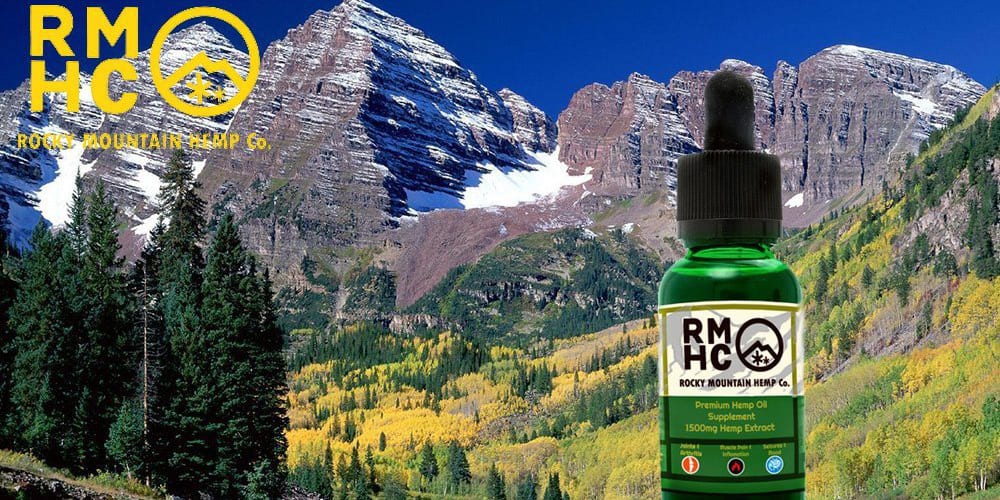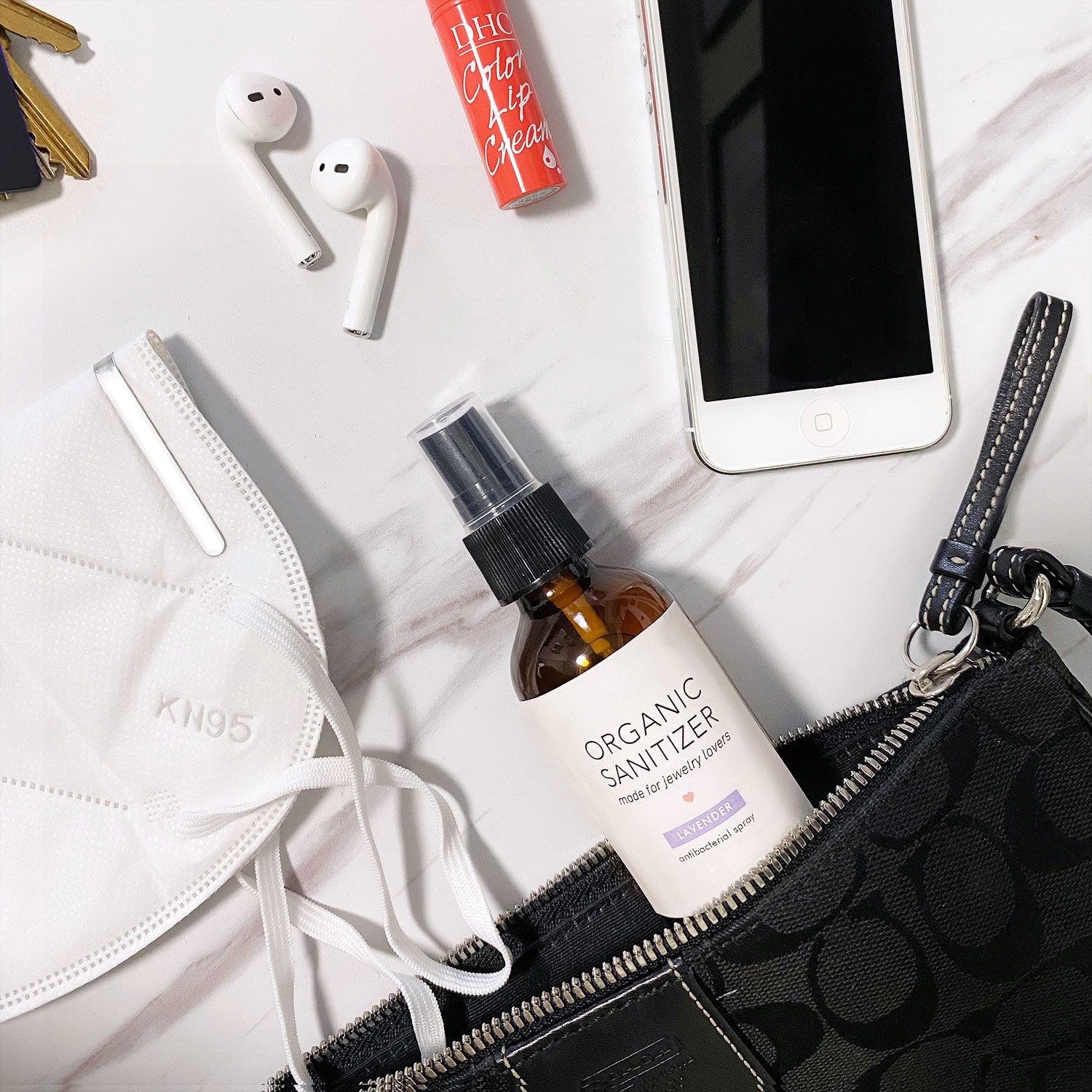
Cannabidiol salve contains CBD oil from hemp. It contains all the cannabinoids in cannabis plants, including THC. It also has lavender oil, which is anti-inflammatory, and almond oil that may promote wound healing. Some of these products contain 100mg of full-spectrum CBD extracted from hemp.
Ingredients
Cannabidiol can be used in topical applications such as cannabis salve. The cannabis salve is made from a mixture of cannabis extract and olive oil, coconut oils, vitamin E, or essential oils. The mixture is then applied directly to the affected areas. The salve can provide results within five to 20 minutes. It can be used several times per day.
Other ingredients in the salve can also help with pain relief. Peppermint essential Oil has an anti-inflammatory, cooling effect on the skin. It is great for stress relief, itchy bug bites, as well as other discomforts. Lavender essential oil can be another ingredient that can help to relieve pain and promote relaxation.
Benefits
CBD salve is an excellent solution for muscle aches after a workout, old injury points, and general first aid. It also contains lavender essential oil, which helps to relax and induce sleep. CBD oil also has anti-inflammatory and antioxidant properties, which are beneficial for the skin. Calendula wax and jojoba oil are also included in this product. They are known for their soothing properties.

Cannabidiol cannabidiol vales are particularly effective in the treatment of pain related to arthritis or inflammation. CBD salve is a great way to reduce joint pain from arthritis and osteoarthritis. The substance interacts to the body's endocannabinoid systems, which help humans manage pain and adapt to change. It is safe to use because it doesn't cause any psychoactive effects.
Dosage
Cannabidiol (CBD) has many applications in the body, including topical applications. These products differ from ingestibles in that the CBD in the topical products doesn't get into the bloodstream. Instead, they relieve discomfort and inflammation.
A good full-spectrum CBD balm will have a high CBD concentration. It also acts as a barrier, making it ideal for delicate skin such as the neck or face. It's made with natural ingredients that are safe for your health and does not contain artificial fragrances or preservatives.
Availability
Cannabidiol (CBD) salve is a topical solution that contains all the benefits of CBD, as well as other cannabinoids found in the cannabis plant. It contains a mixture of hemp oil and beeswax as well as almond oil and lavender oil. This can reduce inflammation and promote wound healing. It is completely devoid of any sulfates.
Cannabidiol vales are similar in function to CBD gel but are applied topically. CBD salves usually contain CBD and THC. Both CBD as well as THC offer their own benefits but can also work in conjunction. CBD salves can also be tested by third parties to ensure safety.

Cost
CBD salve, a topical application, is high in cannabidiol, cannabis oil, and other marijuana compounds, including THC. The salve contains ingredients such as almond oil (which has anti-inflammatory qualities) and beeswax (which has antimicrobial capabilities). The salves have a CBD concentration of 100mg per application.
CBD salves can be found in lotions, creams, or gels. Depending on the brand, they cost $0.07- $0.30 per milligram. They can be as little as one ounce and up to four ounces in size, with up to 1000mg CBD per container. Some brands offer roll-on CBD gels.
FAQ
Is the CBD market growing?
Yes, it is! This growth is expected to continue as legalization expands across North America. Canada is the only country that has legalized recreational use of cannabis. Many states have also passed medical marijuana laws.
As more states legalize medicinal marijuana, this trend will likely continue for at minimum a decade.
From an economic standpoint, legalizing marijuana is also sensible. As well as providing a lucrative alternative market for farmers, there are many other benefits to legalizing pot.
For example, it could help reduce crime rates by reducing the availability of illegal drugs. It could also help governments generate tax revenue.
As legal weed becomes more popular, many people will choose to reduce their alcohol consumption. This would lead to fewer hangovers as well as lower health care costs.
Chronic pain sufferers may find that marijuana can actually improve their quality of life. Many people believe that THC, the active ingredient in marijuana can relieve nausea and muscle spasms caused by chemotherapy.
It is possible that marijuana could be used to treat mental disorders such as anxiety or depression. Some studies even suggest that marijuana may be able to treat schizophrenia.
The future is bright for CBD, but there are still many challenges ahead.
Can I use CBD during pregnancy?
The research on CBD use in pregnancy is still lacking.
It is not possible to prove that CBD causes harm to the baby, based on what little information there is.
It's important to note that CBD should not be taken by pregnant women unless recommended by their doctor.
In fact, the Food and Drug Administration issued a warning last week about the potential dangers of CBD taking while pregnant.
FDA stated that there was evidence that marijuana use during pregnancy might increase the risk for miscarriage.
According to the agency further research is required before any firm conclusions can be reached.
Is the CBD market saturated or not?
CBD is seeing a steady growth rate of 25 percent annually. This growth rate is expected to continue at least for five more years. In fact, the industry is projected to grow from $2 billion today to $5 billion by 2020.
Two companies dominate the CBD market: GW Pharmaceuticals (Canndoc Ltd) and Canndoc Ltd. Both are focused on developing pharmaceutical-grade products. They haven't been very successful so far. They are both struggling to gain traction in the marketplace.
Cannabidiol is an extract of cannabis with less than 0.3% CBD. It doesn't produce any psychoactive effects. It is used as a treatment for epilepsy and other medical conditions. It is also used frequently as a dietary addition.
There are many types of CBD products. Some are made using whole plant extracts, while others use isolated cannabinoids such as CBD.
These products all share one thing in common: low levels are THC.
This makes them legal under US federal law. However, this doesn't mean that you don't need to follow local laws when selling CBD products. It is important to check the regulations in your state for CBD products.
There are also several states that CBD products are prohibited. These include California and Colorado, Florida, Mississippi. Missouri, New York. North Carolina. Ohio. Oklahoma. Oregon. Rhode Island. South Dakota. Texas. Utah. Virginia. Washington.
CBD products are not recommended for people who live in these states.
What are the best CBD brands?
These top CBD brands have been hand-picked by us based on their quality, reliability, value, and other criteria.
They provide high-quality CBD oils that have less than 0.2% THC.
Also, we recommend that you check out our list with the top CBD sellers around the world.
How can CBD products successfully be marketed by companies in compliance with regulations?
The FDA does no regulate hemp as a crop commodity. The Controlled Substances Act governs all other cannabis derivatives, such as marijuana. CBD is not covered by any regulations.
CBD is legal in 29 states. However it is still illegal under federal law. Businesses looking to sell CBD products are left in uncertainty.
The FDA also maintains strict guidelines on how CBD products may be marketed. To make sure that CBD products are clearly disclosed about their THC content, the FDA has established strict guidelines. Without scientific evidence supporting this claim, CBD cannot be used to treat certain medical conditions.
Additionally, the FDA requires manufacturers submit information about manufacturing practices and quality control. To prove safety and effectiveness, they require that companies conduct clinical trials.
These factors should be considered by companies when they develop their marketing strategies.
Statistics
- As a substance that was federally illegal before the passage of the 2018 Farm Bill, hemp-derived cannabinoids with no more than 0.3% THC still face a regulatory grey area. (forbes.com)
- The use of these products is likely to become even more widespread if the World Health Organization's recommendation that CBD no longer is scheduled in the international drug control conventions is adopted by the United Nations member states [201]. (ncbi.nlm.nih.gov)
- A recent systematic review of human trials also reported that individuals with epilepsy receiving CBD (5–20 mg·kg−1·day−1) were more likely to experience decreased appetite than those receiving placebo (i.e., ~20 vs. 5% of patients) (ncbi.nlm.nih.gov)
- HR −16 mmHg; 95% CI −26, −6; I2 = 92%) (ncbi.nlm.nih.gov)
- A recent study [161] also found that in vitro CBD treatment (i.e., ≤ 2 h exposure to 10 μM) induced ~40% vasorelaxation in isolated (pre-constricted) (ncbi.nlm.nih.gov)
External Links
How To
What are the common issues in the CBD industry?
The market for CBD products continues to grow at an amazing rate. There are many hurdles businesses face when trying to enter the CBD market. These include low consumer awareness, high entry costs, limited capital access, regulatory uncertainty, and lack of consumer awareness.
Many consumers don't understand what CBD is and how it works. This makes it difficult for consumers to make informed decisions on whether or not they want CBD products.
Most CBD companies rely heavily upon word-of mouth marketing. This is expensive because it requires paying for advertising and hiring staff to promote their brand.
Another issue facing new entrants into the CBD industry is the high cost of production. It is very expensive to obtain the raw materials required for CBD products. CBD oil is made from hemp that has been grown in particular climates.
Growing enough hemp to make CBD oil takes around $1,000 per acre. This means that many small farmers cannot afford the cost of starting.
A lack of capital access is another issue that new entrants will face in the CBD marketplace. Many people who want to start a business are discouraged by banks due to the stigma associated with the industry.
The sale of CBD products is still subject to regulatory uncertainty. There are currently not clear guidelines as to how CBD products should marketing.
Although states have passed laws restricting CBD products sales, these policies are not yet national.
So far, only two states - Maine and Nevada - have legalized recreational marijuana.
However, some states like Massachusetts and Michigan are considering similar measures.
These changes could mean that CBD manufacturers will be more competitive.
Many entrepreneurs prefer to work at home over starting a business.